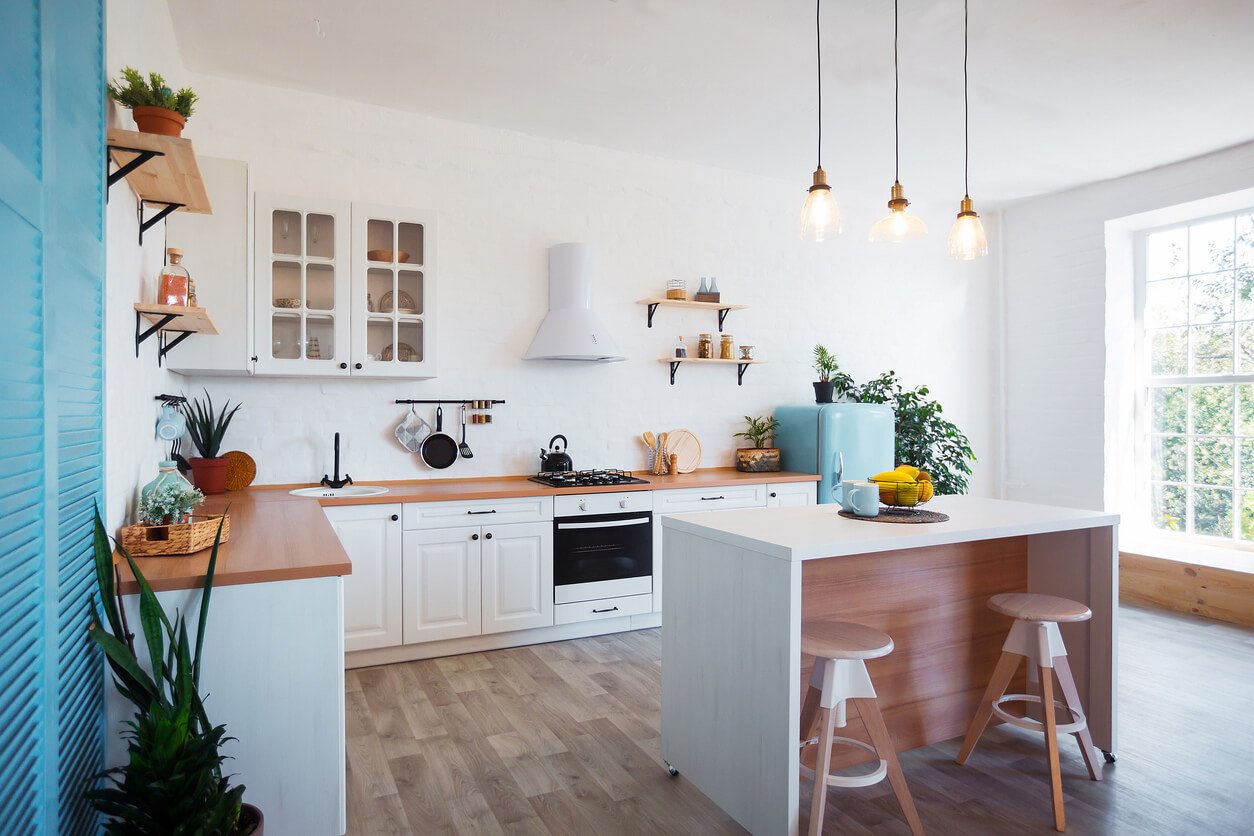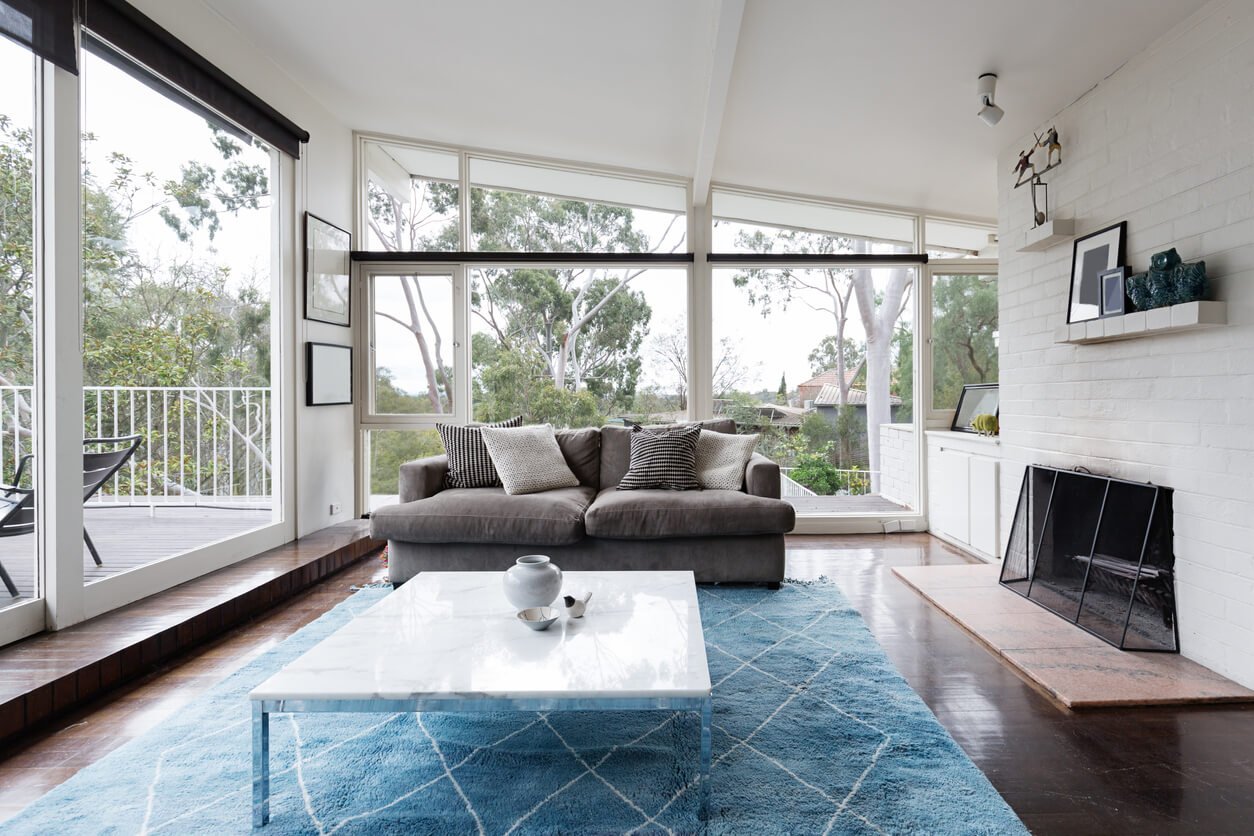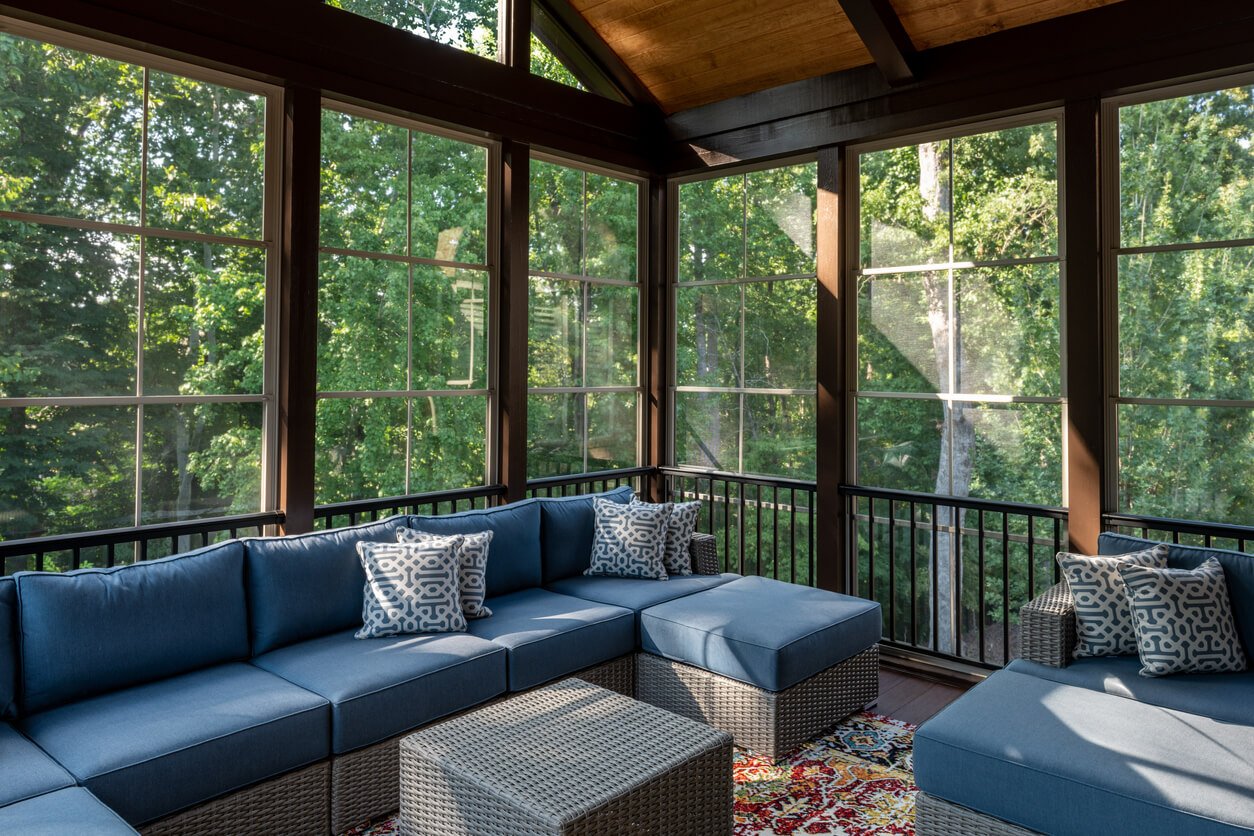Renovating a home can be a rewarding and lucrative undertaking, but it's important to approach it with a clear plan and the right knowledge to ensure success. In this article, we'll provide 20 tips for maximizing profits when renovating a home in Australia. From setting a budget and researching comparable properties to choosing the right materials and working with a real estate agent, these tips will help guide you through the process of turning a fixer-upper into a profitable investment. Whether you're a seasoned renovator or new to the game, these tips will help you make smart decisions and achieve your goals. So, if you're ready to roll up your sleeves and get to work, let's get started!
1. Set a budget and stick to it.
Determine how much you can afford to spend on the renovation.
Allocate your funds carefully, prioritizing the most important renovations first.
Keep track of your spending to ensure you stay within your budget.
2. Do your research.
Look at comparable properties in the area to get an idea of what you can reasonably expect to sell the renovated home for.
Research the cost of materials and labor in your area to get a sense of how much your renovations will cost.
Consider hiring a professional appraiser to assess the value of the home after the renovations are completed.
3. Focus on high-impact renovations.
Kitchens and bathrooms are often the most important rooms in a home, so consider investing in renovations that will make these spaces more appealing to buyers.
Look for ways to add value to the home, such as by adding an extra bathroom or updating outdated appliances.
Don't forget about cosmetic updates, such as fresh paint or new countertops, which can make a big impact without breaking the bank.
4. Don't neglect the exterior.
A fresh coat of paint or new landscaping can go a long way in improving the curb appeal of a property.
Consider updating the front door, adding outdoor lighting, or replacing old windows to enhance the appearance of the home.
Don't forget about minor touches like replacing old house numbers or adding a new mailbox.
5. Update the lighting.
Adding new light fixtures or increasing the wattage of existing bulbs can make a big difference in the overall feel of a room.
Consider adding dimmer switches to create a more versatile lighting environment.
Think about the style of the home and choose lighting that fits with the overall aesthetic.
6. Choose neutral colors.
While you may have personal preferences when it comes to paint colors, neutral tones are often more appealing to buyers.
Be sure to choose a color scheme that is cohesive throughout the home.
Don't be afraid to add pops of color with accessories, but keep it subtle to appeal to a wide range of buyers.
7. Consider energy efficiency.
Upgrading to energy-efficient appliances and systems can save buyers money on utility bills and make the home more attractive to eco-conscious buyers.
Consider adding insulation or solar panels to increase the energy efficiency of the home.
Research local incentives and tax credits for energy-efficient renovations.
8. Don't over-improve.
While it's important to make updates to a home, avoid investing in renovations that will be too expensive or that exceed the value of comparable properties in the area.
Be mindful of the style of the neighborhood and don't go too far outside the norm.
Keep in mind that you may not recoup the full cost of certain renovations, such as adding a swimming pool.
9. Keep the layout open and flowing.
Open floor plans are often more appealing to buyers, so consider removing walls or reconfiguring the layout if necessary.
Think about the flow of traffic throughout the home and try to create a layout that is functional and efficient.
Don't be afraid to add extra square footage if it makes sense for the home and the market.
10. Pay attention to the details.
Small touches like new hardware and fixtures can go a long way in elevating the look of a home.
Think about the overall style of the home and choose details that complement the aesthetic.
Don't forget about minor repairs, such as fixing leaky faucets or replacing old outlets.
11. Stay within the style of the home.
If you're renovating an older home, avoid making changes that will significantly alter the character of the property.
Consider the architectural style of the home and make renovations that are consistent with that style.
Be mindful of local zoning laws and historic preservation regulations that may impact your renovation plans.
12. Don't skimp on quality.
While it's important to stay within your budget, be sure to invest in high-quality materials and workmanship to ensure the longevity of your renovations.
Cheap materials and shoddy workmanship can cost you more in the long run if they need to be replaced or repaired.
Research and compare different options to find the best value for your money.
13. Get the right permits.
Make sure to obtain any necessary permits before beginning your renovation to avoid any delays or legal issues.
Research local building codes and regulations to ensure your renovations are compliant.
Don't hesitate to ask for help if you're unsure of the permitting process.
14. Stay safe.
Follow proper safety protocols and use caution when working on any part of the home.
Wear protective gear, such as hard hats and safety glasses, when necessary.
Consider hiring a professional for any renovations that may be too dangerous for a DIY approach.
15. Keep the property clean.
A clean and tidy home will be more appealing to buyers and can help you get a better price.
Make sure to clean up any debris or messes created during the renovation process.
Consider hiring a professional cleaning service to give the home a thorough scrub-down before putting it on the market.
16. Use a staging company.
A professional staging company can help you present the renovated home in the best possible light to potential buyers.
Staging can include things like furniture, decor, and even artwork to help buyers envision themselves living in the home.
Be sure to research different staging companies and choose one that fits your budget and style.
17. Price it right.
Determine the appropriate price for the renovated home based on comparable properties in the area and the value of your renovations.
Don't be afraid to ask for help from a real estate agent or appraiser if you're unsure of the value of the home.
Be prepared to negotiate with potential buyers, but also be firm on your price if you believe it's fair market value.
18. Work with a real estate agent.
An experienced real estate agent can help you navigate the process of selling a renovated home and get you the best possible price.
Look for an agent who has experience selling renovated properties and is familiar with the local market.
Be sure to discuss your marketing and pricing strategy with your agent to ensure you're on the same page.
19. Hire a professional.
While it can be tempting to take on a renovation project as a DIY endeavor, hiring a professional can save you time and hassle in the long run.
Research and compare different contractors to find one that fits your budget and style.
Don't be afraid to ask for references and check the contractor's track record before hiring them.
20. Keep the roof in good shape.
A new roof can be a major selling point, so consider replacing an old or damaged roof if it's within your budget.
Repairing or replacing a roof can be a major undertaking, so be sure to do your research and choose a reputable contractor.
Don't neglect minor roof repairs, as they can quickly escalate into more expensive problems.
Consider the style and material of the roof in relation to the rest of the home and choose accordingly.
Renovating a home can be a thrilling and rewarding experience, but it's important to approach it with a clear plan and the right knowledge to ensure success. By following the tips outlined in this article, you'll be well on your way to turning a fixer-upper into a profitable investment. Whether you're a seasoned renovator or new to the game, these tips will help you make smart decisions and achieve your goals. So go forth, dear reader, and get to work! With a little elbow grease and some smart planning, you'll be well on your way to turning your renovation dreams into a reality. Happy renovating!




